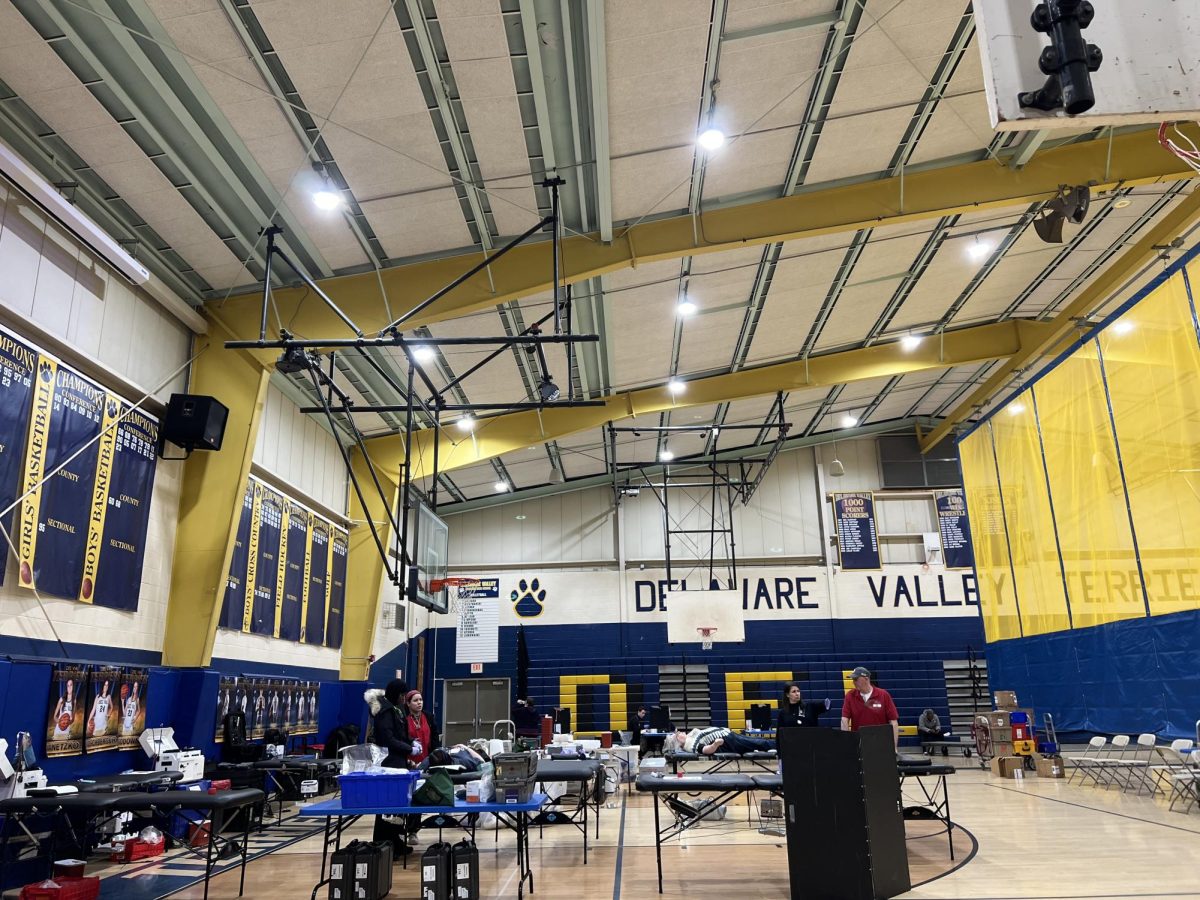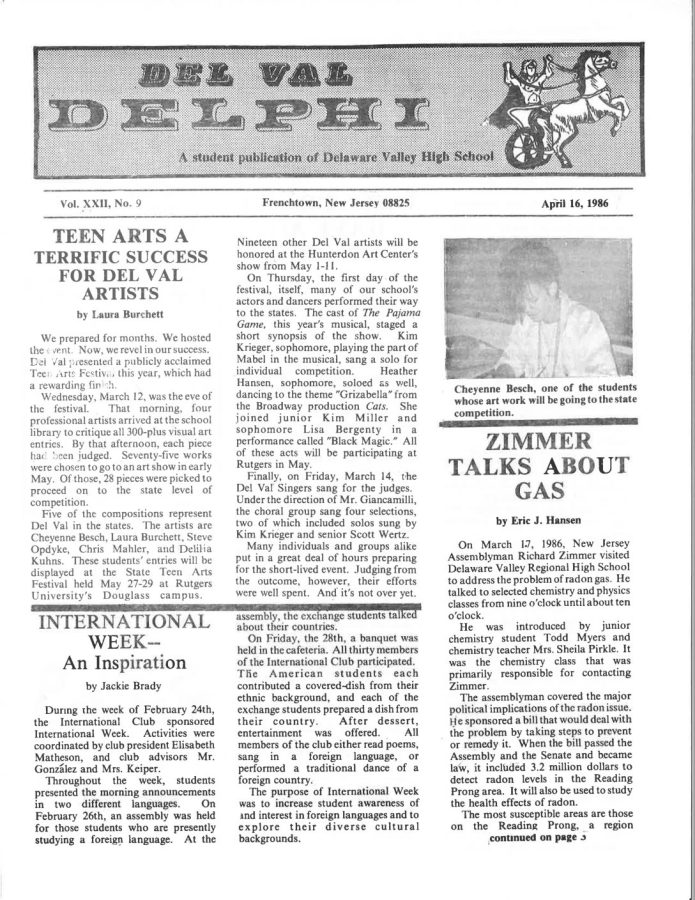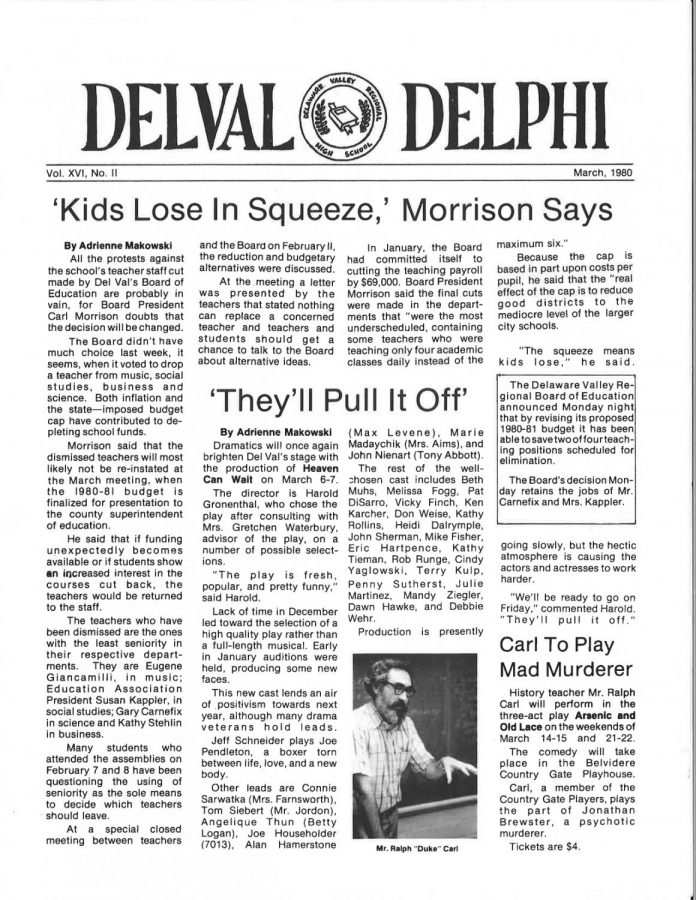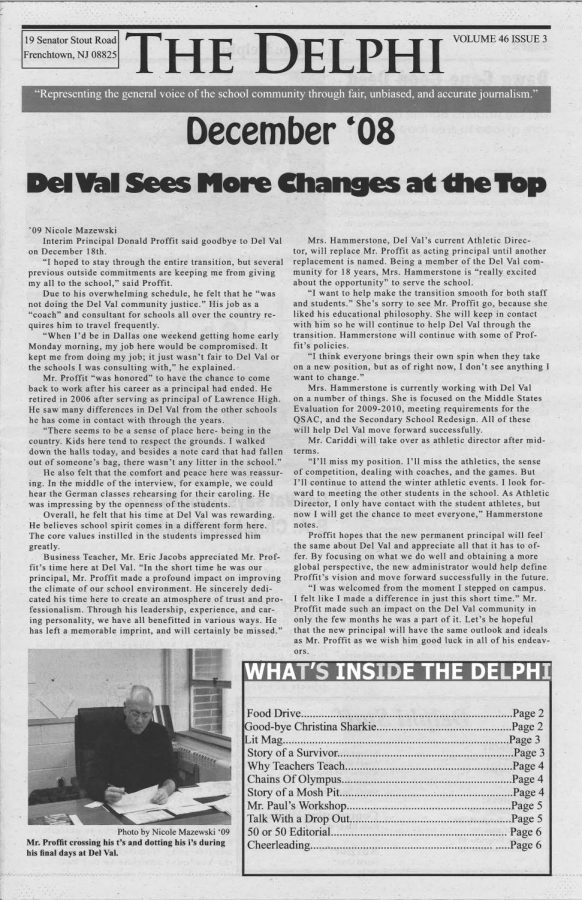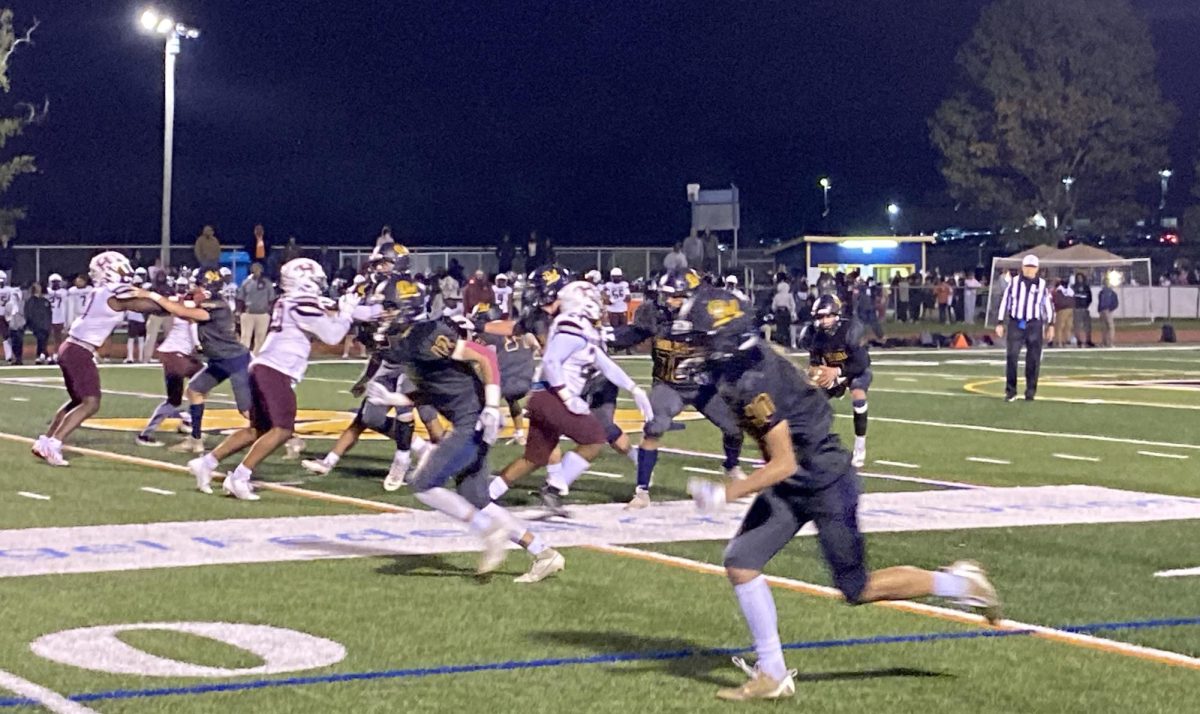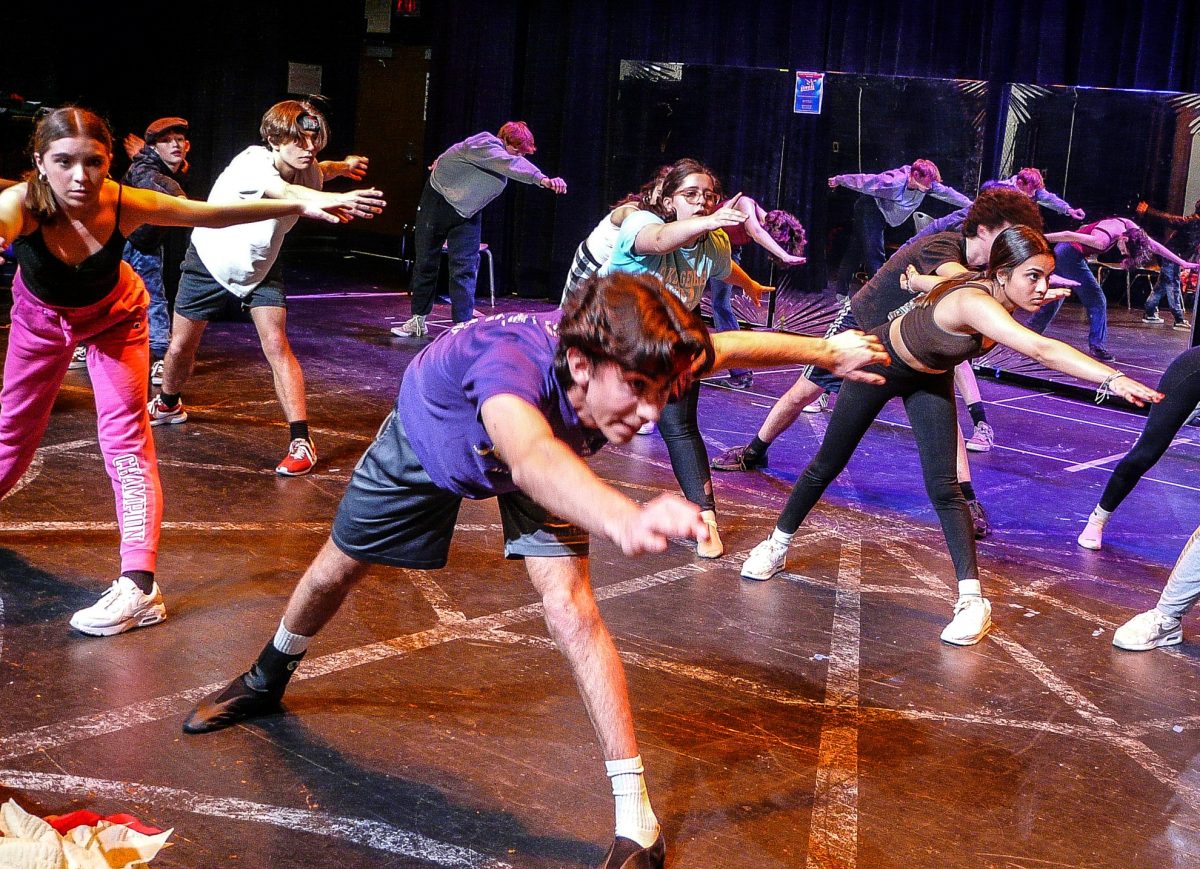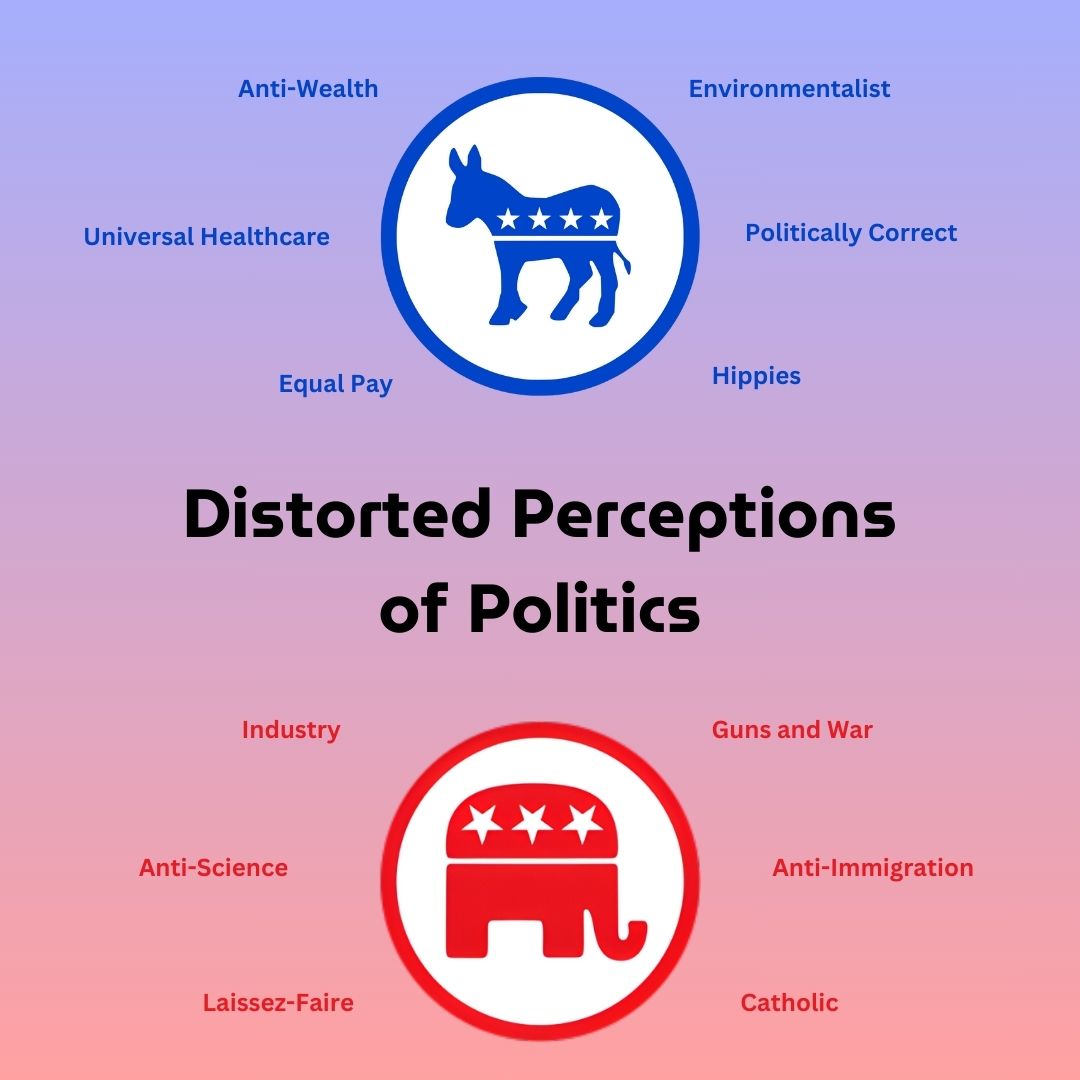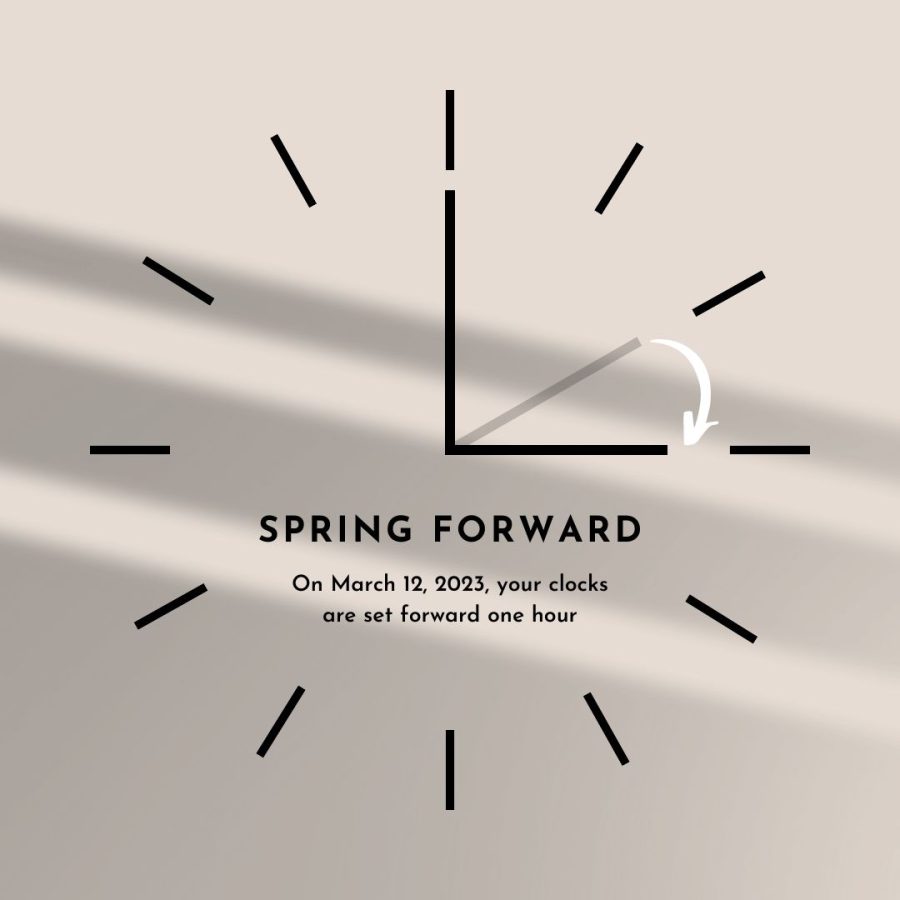Permanent daylight saving time?
Daylight saving time should be a practice of the past.
March 23, 2023
As daylight savings time occurred this past weekend, many people have sparked debate over whether the United States should continue to observe this holiday.
In March 2022, the U.S. Senate unanimously passed a bill to remove changing the clock twice a year in exchange for permanently keeping daylight savings time. But, the bill was rejected once it reached Congress.
Since then, many Americans have been advocating for the bill to be revisited, including 12 U.S. senators.
Daylight savings time was first used in the Canadian town of Port Arthur, Ontario. On July 1, 1908, the residents of Port Arthur turned their clocks forward an hour. Germany and Austria were the first countries to implement daylight savings time for the whole country.
During WW1, Germany and Austria came up with the idea to move their clocks ahead an hour to preserve energy and fuel supplies for the war effort.
Daylight saving time was signed into law in the United States on March 19, 1918 and was set to take effect on March 31, 1918.
Since then, daylight savings time has been used in the U.S. every year.
“Congress should keep daylight saving time permanently because it’s annoying changing the clocks back and forth twice a year,” said Del Val freshman Owen Keane.
Making daylight savings permanent would be beneficial to society in multiple aspects.
First, having it be light out for the majority of the work day makes driving to and from work safer, thus reducing car accident rates and lowering the number of pedestrians struck by cars. Making daylight savings time permanent would make the commute to and from work during daylight hours for the majority of working Americans, which allows drivers to see better and be more attentive and drastically reduces the number of car accidents.
A study by the University of Washington concluded that installing daylight savings time permanently would also reduce the amount of deer hit by cars. Wildlife biologists at the university found that keeping an extra hour of daylight would prevent an estimated 36,500 deer deaths, 33 human deaths, 2,050 human injuries and an estimated 1.19 billion dollars in damages.
“I think that having a standard time would benefit us,” said Del Val economics teacher Michael DePaolo. “After daylight savings time, workers aren’t being as productive because they’re mentally drained, so they’re not being as productive with their time.”
While American workers would have to make an initial adjustment to the time change, this is no different than what working class Americans go through twice a year. In the long run, no longer changing the clocks forward and back twice a year would benefit society as a whole.
“It’s more convenient for the everyday citizen,” said junior Sara Matthews. “Saving electricity will benefit us incredibly in the long run.”



